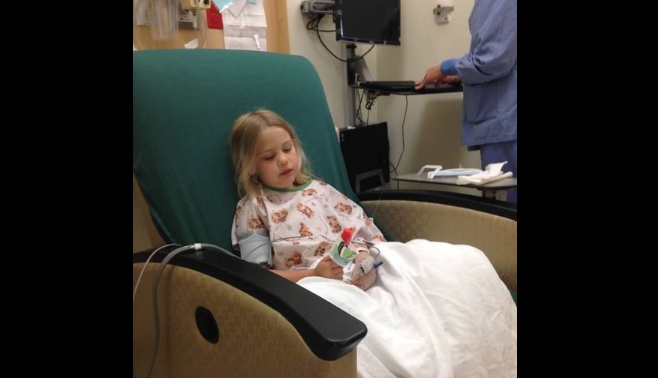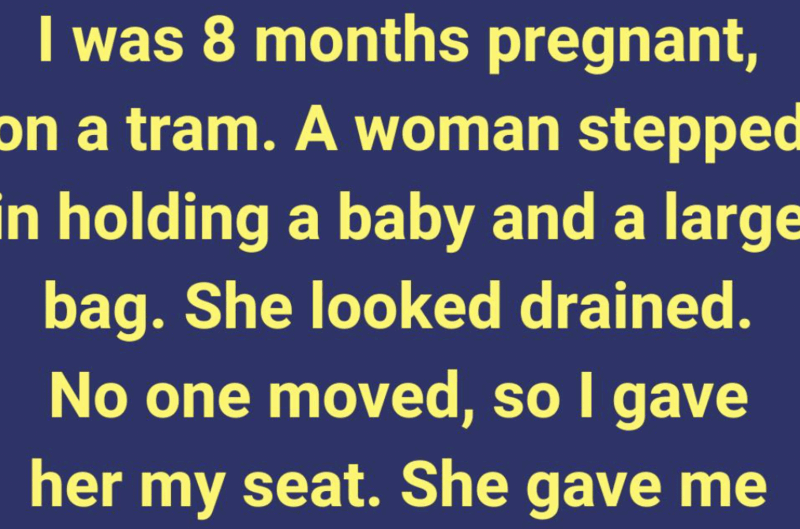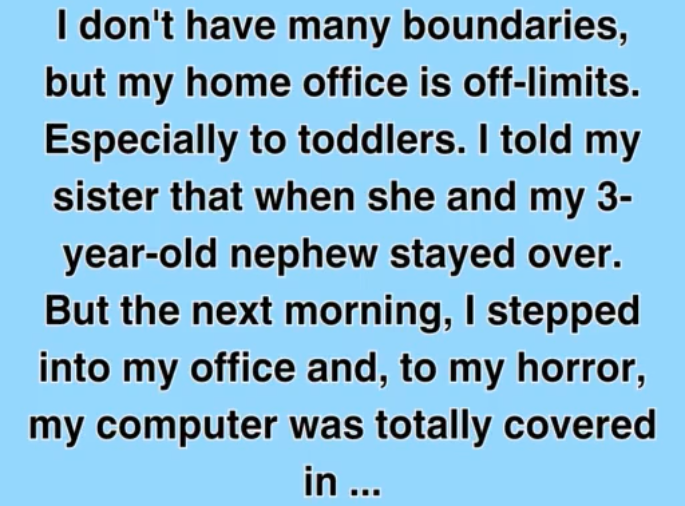They say children don’t grasp the weight of things. But my daughter? She saw it all clearly.
When the nurse stepped out, leaving us alone, she turned to me, IV line in her small hand, and spoke softly:
“No tears while I’m awake, okay?”
As if she were the one holding my hand.
She didn’t dwell on treatments or discomfort. Instead, she asked to play Uno. She chose the hospital gown with playful cats, saying, “They look like they’re dancing.”
She told her doctor, Dr. Singh, he seemed “too stern” and made him vow to share a fresh joke daily. He kept his promise, even on days when his own eyes glistened with tears.
She didn’t chase miracles.
She craved pancakes at breakfast. She asked her brother to bring her yellow teddy bear from home. She wanted her hair brushed “like when we hurried for school.” She longed to watch the cartoon with the clumsy talking dog.
I sat there, unraveling inside. Yet her smiles, so bright for a child in that bed, kept me whole.
“Mom,” she whispered one night, tugging my sleeve, “if I leave… will you still find reasons to laugh?”
Words failed me. My throat tightened, my heart raged at the universe for letting her ask that. But she didn’t pause for my answer.
“You’d better,” she said with a grin. “Or I’ll come back and tickle you silly.”
That night, I swore to myself I’d laugh, no matter how much it hurt.
Weeks dragged on. The doctors warned, “It could be any day.” But “any day” kept becoming another dawn. She defied their predictions like she rejected the plain oatmeal they served her. She’d push it aside and demand juice—orange, apple, grape, it didn’t matter. “Juice gives me strength,” she declared.
One afternoon, she wanted to make a list. I braced myself, fearing a bucket list. But she called it a “happy list,” filled with moments that sparked her joy. We scribbled it on the back of a hospital menu.
Playing Uno with Mom.
Brother’s yellow teddy bear.
Cartoons with the silly dog.
Dr. Singh’s daily jokes.
Pancakes drowned in syrup.
I stared at that list, trembling. It wasn’t the list of a child fading away. It was the list of a child embracing life.
Her spirit began to shift the entire ward.
Nurses brought her cat-shaped stickers. The cafeteria worker sneaked her extra syrup cups. Dr. Singh, known for his stoic demeanor, started arriving with knock-knock jokes scrawled on his palm.
Her laughter rippled through the quiet, sterile halls. Other patients stopped by her room, drawn to her giggles. An elderly man, recovering from surgery, said she reminded him of his granddaughter. He began walking laps just to pass her door.
She was lifting spirits without even realizing it.
Then came the stormy night. Rain pounded the windows, lights flickered, and machines beeped louder. I was gripped by fear. But she? She wanted to build a fort.
“Mom, grab the blankets. Let’s make it feel like home.”
We piled pillows, draped sheets, and crawled inside, the machines humming like distant thunder. She held a flashlight under her chin, weaving a ghost story until her eyes fluttered shut mid-sentence.
I lay awake in that fort, watching her chest rise and fall, wondering if it would stop before dawn.
But dawn arrived.
And the dawn after that.
Weeks kept unfolding.
Then one morning, a new doctor entered—not Dr. Singh. A woman with gentle eyes and steady words. She studied the chart, glanced at my daughter, then at me.
“I don’t want to raise false hopes,” she said, “but her numbers… they’re getting better.”
Better.
The word nearly broke me. For months, every update had been “worsening” or “declining” or “brace yourself.” Now, “better.”
When I shared the news, my daughter just grinned.
“Told you juice makes me strong.”
She went from barely standing to shuffling down the hall. From needing help to sit up to climbing onto her bed alone. It was slow, it was hard, but it was real.
The doctors cautioned, “This might not last. Don’t expect too much.”
But she didn’t seem to hear that. Or maybe she chose not to.
One morning, she begged to go outside.
“Just to feel the sun,” she said.
The nurses wavered, paperwork was a hassle, but they made it happen. They wheeled her out, IV stand rolling alongside.
When sunlight touched her face, she transformed. Her skin glowed, her eyes closed, her head tilted back as if soaking it in.
“See, Mom? I’m not finished yet.”
She wasn’t.
A month later, she walked—truly walked—out of that hospital. Frail, delicate, but upright.
The neighbors threw a welcome-home party. Balloons, cake, kids darting around. She sat on the couch, legs tucked under, laughing at the chaos. She belonged there, not in a hospital bed.
Still, fear lingered in me. What if it returned? What if this was the “temporary” the doctors mentioned?
I kept it silent, but she saw it in my eyes.
One evening, watching the sunset from our porch, she nudged me.
“Mom, do you think maybe… I got sick so others could remember to find joy?”
Startled, I asked, “What do you mean?”
She shrugged. “The nurses smiled more. Dr. Singh smiled more. You smiled more, even when it was hard. Maybe that was why.”
I wanted to protest, to say she deserved health without pain. But her calm acceptance stopped me.
Life moved forward, carefully. She returned to school part-time, made friends, joined the art club, painting vibrant yellow suns on every canvas.
Then came a surprise.
The hospital called months later. They were launching a program inspired by her: “Laughter Rounds.” Doctors and nurses would share jokes, stories, and games to remind patients that joy was healing.
They named it after her.
When I told her, tears streamed down her face—not heavy, but the kind that lift your heart.
“See, Mom? I made a difference.”
I hugged her tightly. “You did everything.”
Years have passed. She still goes for check-ups, still drinks juice every morning, calling it her “secret weapon.” When we pass the hospital, she waves.
Looking back on those nights when I feared losing her, I see it clearly now. She wasn’t only fighting for herself. She was showing us—me, the nurses, everyone—that joy doesn’t wait for perfect days. It blooms in the hardest ones.
The doctors once thought those were her final days. She turned them into new beginnings.
Her lesson, the one I carry always, is this: you can’t choose how long you’re here, but you can choose how vividly you live.
So laugh, even when it aches. Sip juice. Play Uno. Wear the gown with dancing cats.
Because sometimes, the smallest joys spark the greatest miracles.
If her story moved you, as it reshaped me, share it. Let others be reminded to find laughter in the quietest rooms. And if it brought you a smile, give this post a like—let her light keep shining.




